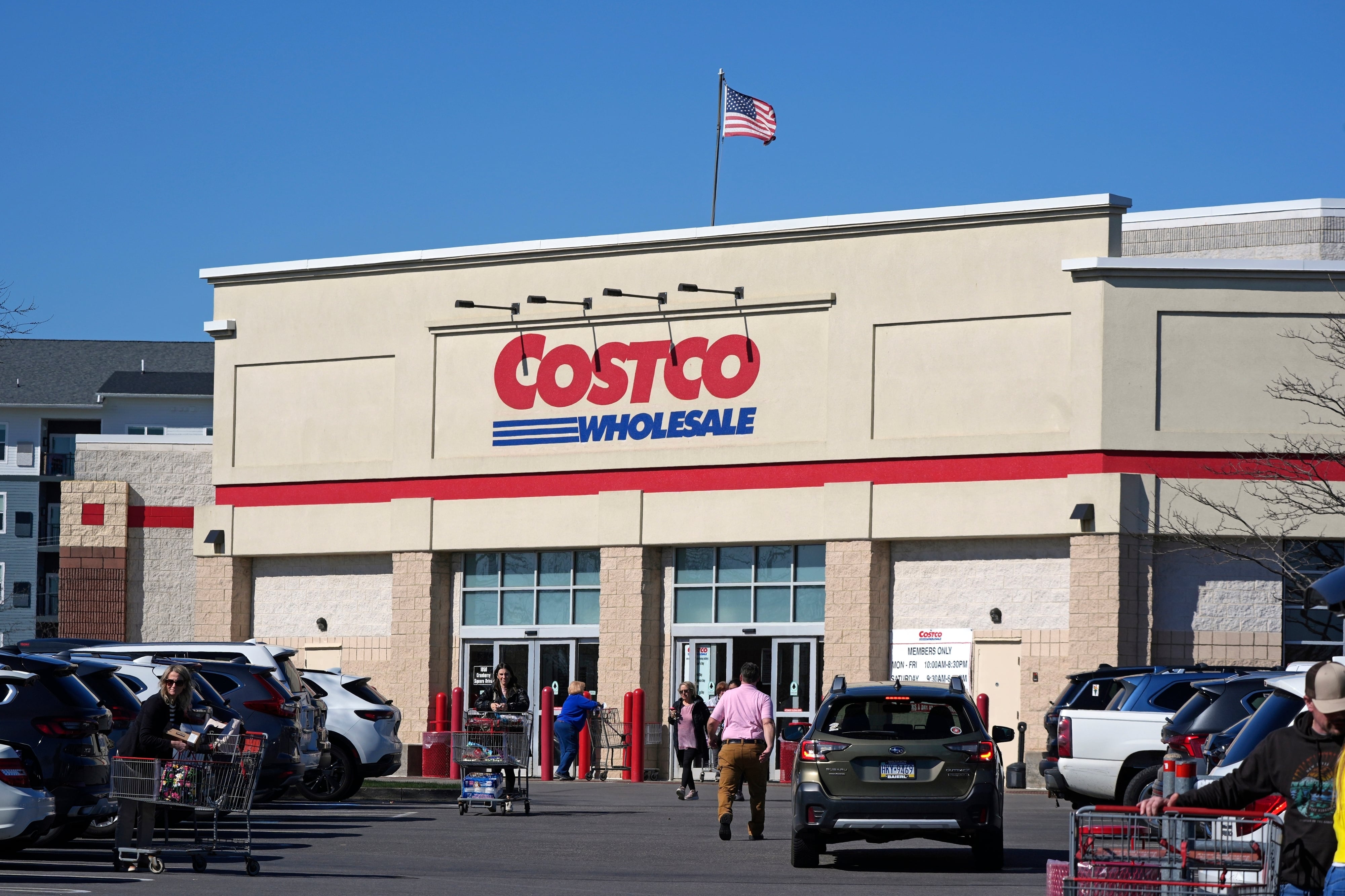ISSAQUAH, Wash. (AP) — Costco bargain hunters are going to have to pay an additional $5 to $10 annually as the popular warehouse chain prepares to raise its membership fees for the first time in seven years.
The Issaquah, Washington, company disclosed the forthcoming 8% increase in the fee to gain entry into its more than 700 warehouses in the U.S. and Canada as part of a monthly sales report Wednesday.
The new fees, set to take effect Sept. 1, will boost the price of Costco's basic Gold Star membership from $60 to $65 annually, while the cost for the premium Executive membership will rise from $120 to $130. The annual fee had remained the same since 2017, despite several years of unusually high inflation rates that finally have been cooling down in recent months.
With inflationary pressures squeezing household budgets, Costco's commitment to offering low prices on a wide range of food and other merchandise has helped make its warehouse an even more popular shopping destination. That phenomenon, in turn, has help boost its profits, making its stock a hot commodity among investors. Costco's shares have nearly doubled during the last 18 months, increasing the company's market value by about $180 billion during that span.
Costco's shares rose by more than 2% after news of the fee increase and its latest sales gains came out. If the stock behaves similarly in Thursday's regular trading session, the shares will hit a new peak.
Besides the fee increase, Costco disclosed its sales for the five-week period ending July 7 rose by 7% from the same time last year to $24.48 billion.













